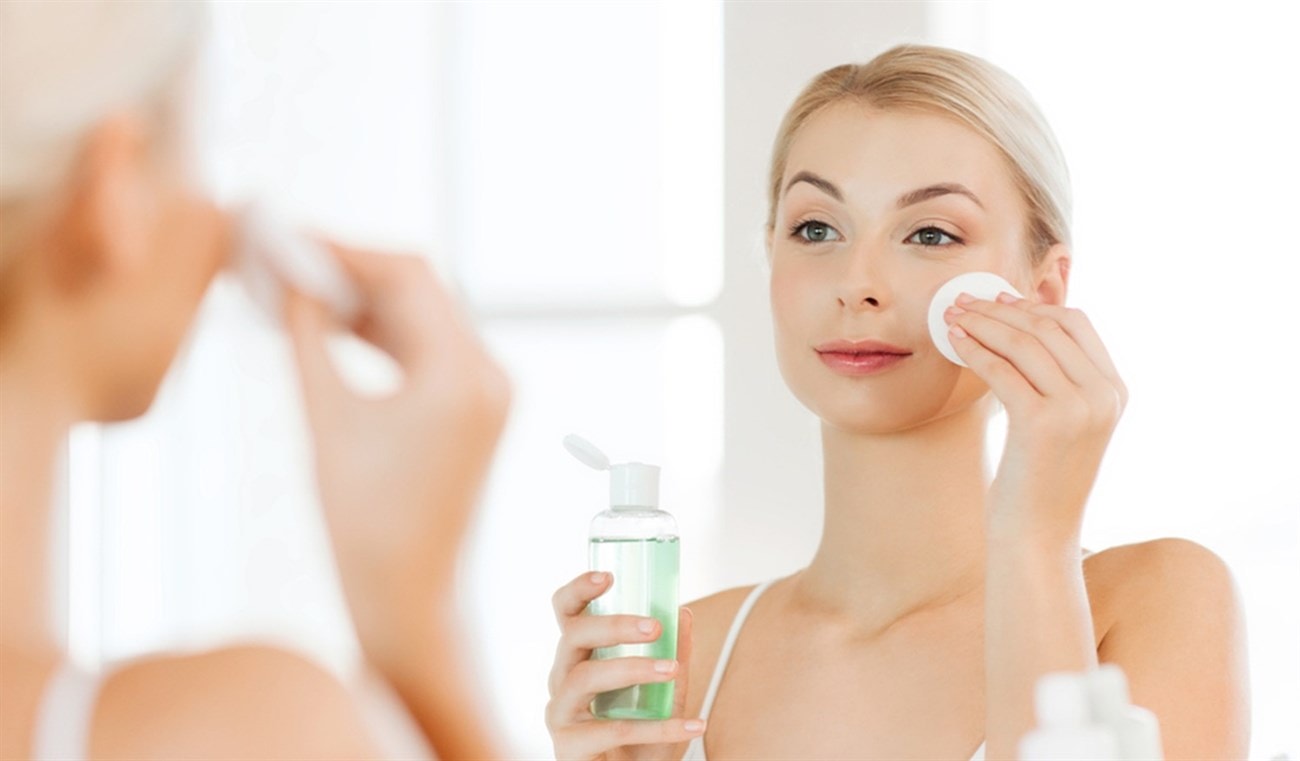Skincare: The Ultimate Guide to Healthy, Radiant Skin
In today’s fast-paced world, skincare is more than just a beauty trend—it’s an essential part of maintaining health and wellness. Your skin reflects what’s going on inside and is your first line of defense against environmental aggressors. Whether you’re new to skincare or looking to level up your routine, this detailed guide will equip you with evidence-based knowledge, real-life strategies, and expert recommendations to keep your skin glowing at every age.

What Is Skincare and Why Does It Matter?
Skincare encompasses a variety of practices and products aimed at enhancing skin appearance, promoting health, and managing conditions like acne, eczema, or premature aging. According to the World Health Organization, skin diseases are among the most common human illnesses, emphasizing the importance of proper skincare routines
Skin also plays critical physiological roles:
- Regulates body temperature
- Prevents water loss
- Protects against harmful microbes and UV radiation
Inadequate skincare can lead to:
- Inflammation and infections
- Hyperpigmentation
- Accelerated aging
- Psychological effects like lowered self-esteem
Understanding Your Skin Type
Why It Matters:
Using products that don’t suit your skin type can do more harm than good. For example, thick creams on oily skin can clog pores, while harsh cleansers can irritate dry or sensitive skin.
How to Identify Your Skin Type:
- The Bare-Faced Test
Wash your face, pat dry, and wait for 30 minutes. Observe your skin:- Shiny all over? Likely oily.
- Tight or flaky? Dry.
- Shiny T-zone but dry cheeks? Combination.
- No major concerns? Normal.
- Redness or burning? Sensitive.
- Blotting Sheet Method
Dab a blotting paper on different areas of your face and inspect the oil pattern to confirm skin type.
The Core Skincare Routine
A consistent daily routine forms the backbone of healthy skin. Think of it as “nutrition for your face.”
🌿 Morning Routine
- Cleanser – Remove overnight sweat and oil.
- Toner – Balance pH and prep for actives.
- Serum – Vitamin C for antioxidant protection.
- Moisturizer – Lock in hydration.
- Sunscreen – Use SPF 30+ broad-spectrum daily.
🌙 Night Routine
- Double Cleanse – Oil cleanser + water-based cleanser (especially for makeup users).
- Exfoliate (2–3x/week) – Use chemical exfoliants to remove dead cells.
- Retinoids – Promote cell turnover and treat aging/acne.
- Hydrating Serum – Think hyaluronic acid or peptides.
- Night Cream – Richer moisturizers support skin repair overnight.
Pro Tip: Introduce one new product at a time to monitor for allergic reactions.
Advanced Skincare Tips Backed by Experts
1. Patch Testing New Products
Apply a small amount to the inside of your arm or behind your ear for 48 hours. Redness, itchiness, or bumps mean it’s a no-go.
2. Layering Products Correctly
Apply from thinnest to thickest:
Toner → Serum → Eye Cream → Moisturizer → SPF
3. Weekly Face Masks
Use:
- Clay masks for oily/acne-prone skin
- Sheet masks for hydration
- Enzyme masks for gentle exfoliation
4. Professional Treatments
Consider seeing a licensed esthetician or dermatologist for:
- Chemical peels
- Microneedling
- LED therapy
- Laser resurfacing
These treatments can significantly improve skin tone, texture, and clarity when done appropriately.
Common Skincare Myths Debunked
| Myth | Truth |
| Drinking water alone clears skin | Hydration is important, but skincare and diet are also key |
| Tanning clears acne | UV rays may reduce acne temporarily but increase inflammation long-term |
| Pores open and close | They can appear larger or smaller but don’t open/close like doors |
| More product = better results | Overuse can damage the skin barrier and cause breakouts |
Top Ingredients to Look For
Each skin concern has key ingredients scientifically proven to help.
✅ For Acne:
- Salicylic Acid – Exfoliates inside the pores
- Benzoyl Peroxide – Kills acne-causing bacteria
✅ For Aging:
- Retinol – Stimulates collagen and speeds up cell turnover
- Peptides – Help build skin structure
✅ For Dryness:
- Ceramides – Restore skin’s natural barrier
- Hyaluronic Acid – Attracts and holds moisture
✅ For Hyperpigmentation:
- Niacinamide – Reduces inflammation and brightens
- Vitamin C – Fades dark spots and promotes glow
Skincare Through the Ages
Your skin’s needs change over time. Here’s how to adapt:
👶 Teens (13–19)
Focus on oil control, gentle cleansing, and sunscreen. Avoid over-washing, which can make acne worse.
👩💼 20s–30s
Add antioxidant protection (Vitamin C), retinoids, and begin anti-aging prevention with sunscreen and moisturizers.
👩🦳 40s–50s+
Support skin renewal with peptides, richer moisturizers, and continued retinoid use. Look for products with collagen-boosting ingredients.
👵 60+
Focus on hydration and barrier repair. Avoid drying ingredients like alcohol or high-strength acids.
Real-Life Case Studies
Case Study #1 – Acne Success Story
Name: Emily, 24
Problem: Hormonal acne, oily skin
Solution:
- Salicylic acid cleanser
- Zinc + niacinamide serum
- Oil-free moisturizer
- Prescription retinoid
Result: “Within 10 weeks, my breakouts were down by 90%, and my confidence went way up!”
Case Study #2 – Mature Skin Rejuvenation
Name: George, 52
Problem: Fine lines, dullness
Solution:
- Peptide serum in the morning
- Retinol at night
- Monthly LED therapy
Result: “I saw smoother skin and a brighter complexion after just two months.”
Optimized Image Alt Text Suggestions
- Alt: “Step-by-step skincare routine products arranged on bathroom counter”
- Alt: “Dermatologist applying facial treatment to client’s skin”
- Alt: “Before and after images showing improvement in acne-prone skin”
Conclusion: Build a Skincare Routine That Works for You
Skincare is not one-size-fits-all. By understanding your skin, choosing the right products, and staying consistent, you can create a regimen that promotes long-term skin health and confidence. Don’t be afraid to consult professionals or adjust your approach as needed—your skin will thank you for it.









